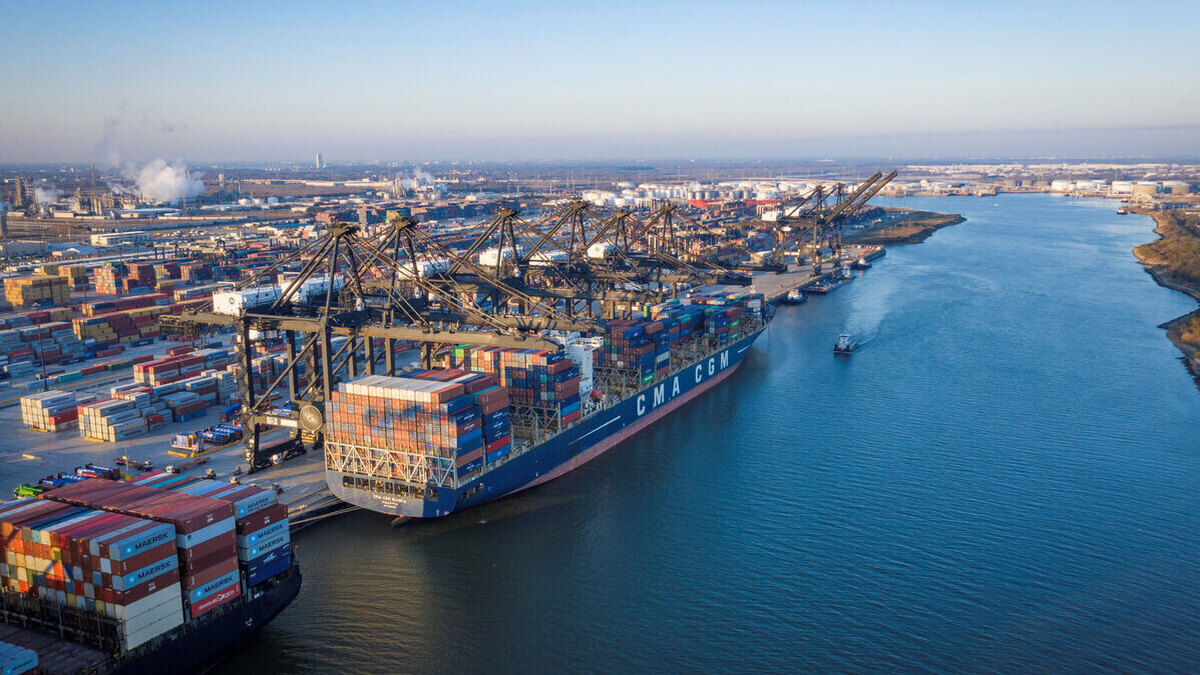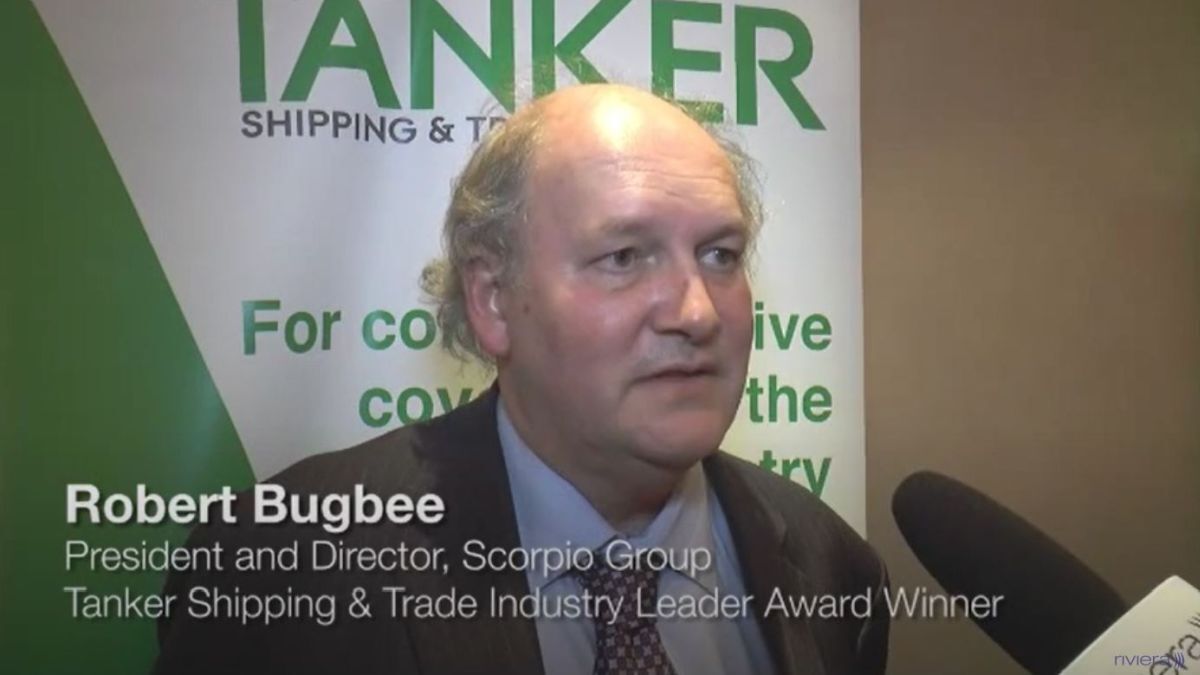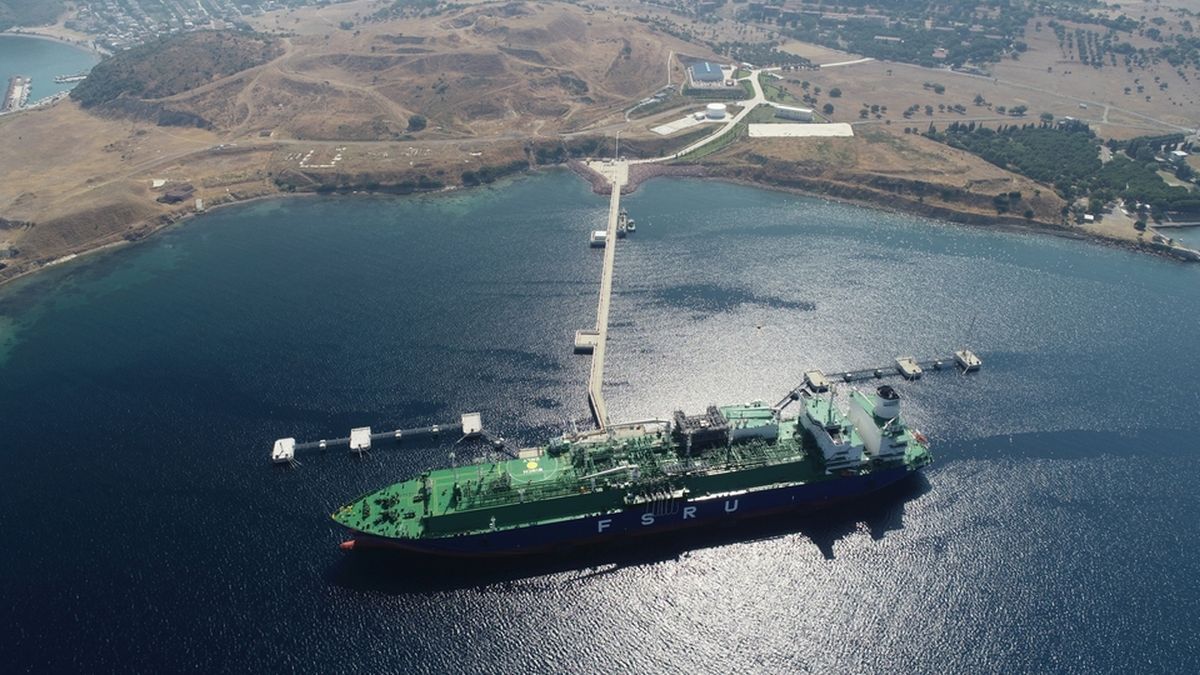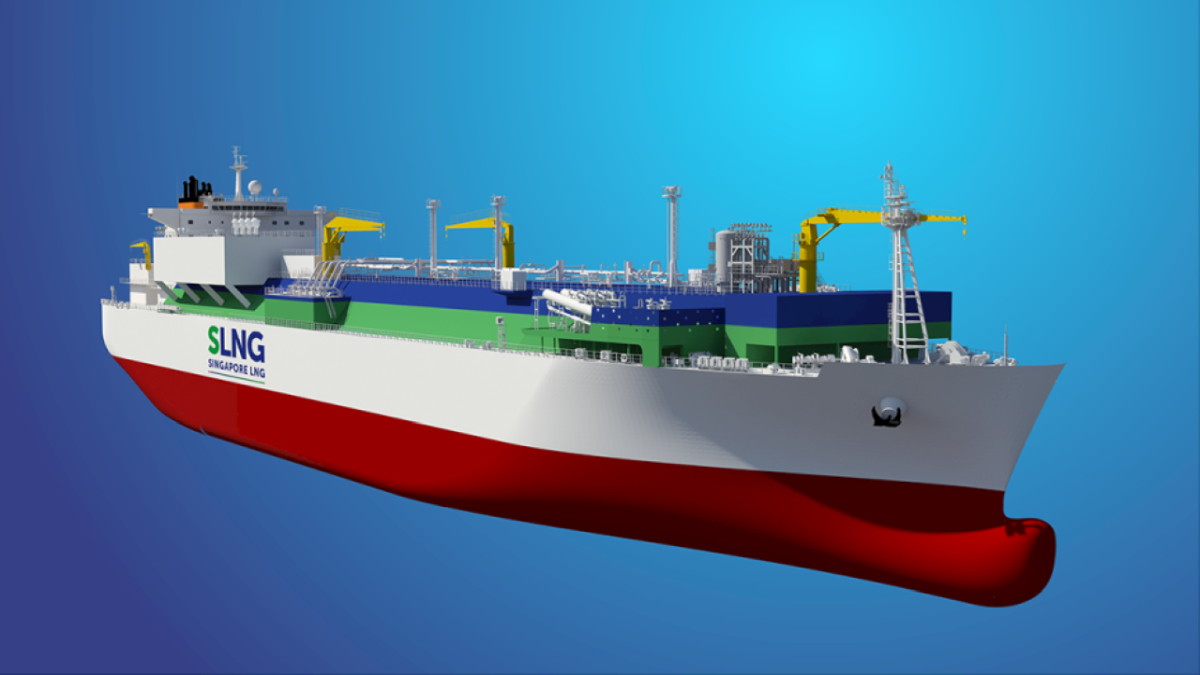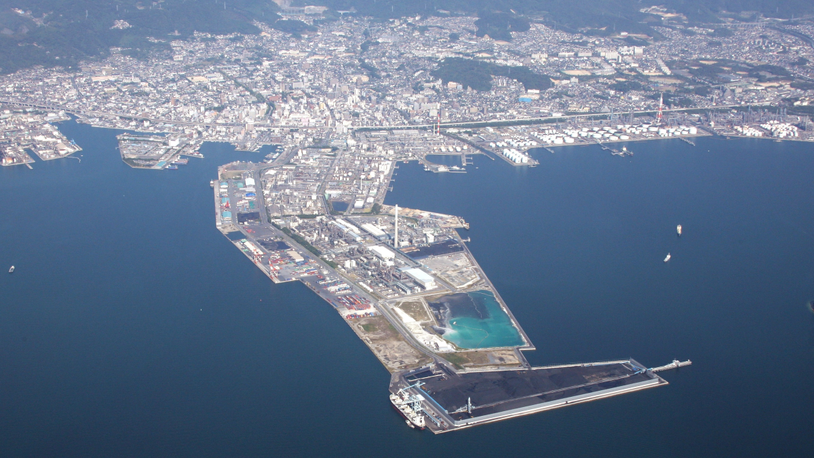Business Sectors
Events
Offshore Wind Webinar Week
Contents
Register to read more articles.
VPS finds fuel contamination in Houston and Singapore
Dicyclopentadiene (DCPD) detected in very low sulphur fuel oil (VLSFO) bunker supplies, first in Houston and more recently in Singapore, have caused problems for more than a dozen vessels
Veritas Petroleum Services (VPS) has provided an update on its investigation into a marine fuel contamination event after 11 vessels reported problems resulting from contamination.
The company initially detected the presence of DCPD and associated isomers at significantly high levels in one very low sulphur fuel oil (VLSFO) bunker fuel delivery in Houston.
"Four weeks later, VPS can now provide a further update on the spread of this fuel contamination issue: 14 vessels have now received this contaminated fuel and suffered some form of damage to their auxiliary engines and fuel delivery systems. Twelve vessels received their fuel in Houston, while a further two vessels received their fuel in Singapore, with the fuel delivered by four suppliers," VPS said.
DCPDs are unsaturated chemical compounds which can polymerise and oxidise under certain conditions. However, the rate of this polymerisation process can be reduced by the presence of inhibitors that are typically found within fuel oil.
Problems associated with these bunkers occurred after this fuel was combusted several weeks after bunkering. According to VPS, vessels using this fuel have reported losing power and subsequently losing propulsion while at sea.
These effects resulted from fuel leakage in the injection control units and fuel pumps not being able to develop the required fuel pressure. Both main and auxiliary engines were affected, although failures to auxiliary engines were more commonly reported.
In total, the volume of contaminated fuel delivered to the 32 vessels that took the fuel on board was 61,494 tonnes.
Three vessels debunkered the contaminated fuel prior to burning, following a ’Caution’ result from the VPS Chemical Screening service. A further three vessels debunkered the fuel after suffering initial engine damage from burning the fuel. Two vessels burned the fuel in their main engines without issue after switching it from their auxiliary engines, where it had caused operational damage.
One VPS customer highlighted the issues it encountered when using this Houston VLSFO: the first sign of problems after changing over to this fuel was the failure of the fuel pump and fuel injectors of the auxiliary engines. All three auxiliary engines subsequently faced the same issues and were unable to produce the required power resulting in a complete blackout and loss of propulsion. The auxiliary engine pumps exhibited significant leakage and the fuel injectors were ceased. Both fuel pumps and fuel injectors required repeated replacement until no spares remained.
This customer also reported the fuel had a significant impact on the purification system. It was noted the purifiers could not remove the high cat fines that were present in the fuel under normal engine operating speed. To keep the purifier operational, main engines had to be run at a lower rpm than normal, to reduce the fuel consumption, thereby reducing the purifier feed-rate.
Due to restricted power, the vessel had restricted manoeuvrability as it could not operate its thrusters and subsequently the vessel had to change to low sulphur marine gas oil to arrive safely to the port.
Should these DCPD compounds start polymerising, the fuel begins to exhibit a level of stickiness and become more viscous, according to VPS. This makes it difficult to move components such as fuel pump plungers and the fuel injector spindles freely. This causes damage to the fuel injection system. Over a period of time, excessive sludge is likely to form.
VPS added the DCPD compounds that were detected in this fuel ranged from 3,000 to 7,000 ppm (0.3-0.7%).
VPS detected these chemical contaminants using the company’s inhouse gas chromatography – mass spectrometer analytical methodologies. A bunker alert has been issued to VPS customers referring to fuel deliveries made by a single supplier between March and May 2023.
A number of vessels had been prewarned by VPS of the potential high-concentration DCPD contamination of their fuel, via a ’Caution’ result from the VPS Chemical Screening service.
Houston is the biggest bunker port in the Americas and has faced issues in the past. Three years ago, high sediment levels were reported in low sulphur fuel blends.
Sign up for Riviera’s series of technical and operational webinars and conferences in 2023:
- You can register to attend by visiting our events page.
- Watch recordings from all of our webinars in the webinar library.
Related to this Story
Events
Offshore Wind Webinar Week
Maritime Decarbonisation, Europe: Conference, Awards & Exhibition 2025
Offshore Support Journal Conference, Americas 2025
© 2024 Riviera Maritime Media Ltd.


